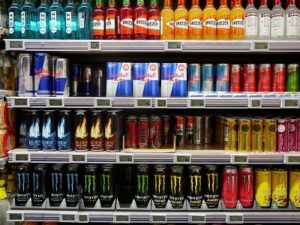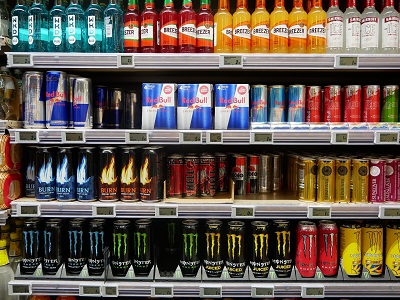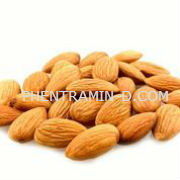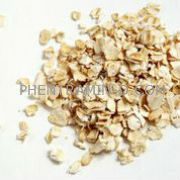 Have you been rolling your eyes at warnings telling you to avoid energy drinks? Do you feel particularly immune because you’re an athlete, so you feel that you’re healthier and more resistant to potential medical issues than the average person? If you’re a physically active person and you’ve been leaning on these options to give yourself a boost during the day – or evening, for that matter – then it’s important for you to keep reading.
Have you been rolling your eyes at warnings telling you to avoid energy drinks? Do you feel particularly immune because you’re an athlete, so you feel that you’re healthier and more resistant to potential medical issues than the average person? If you’re a physically active person and you’ve been leaning on these options to give yourself a boost during the day – or evening, for that matter – then it’s important for you to keep reading.
Athletes Should Avoid Energy Drinks
The thriving sports industry has witnessed a dramatic increase in energy drink popularity. Not many people know that energy drink consumption has led to thousands of emergency room visits, with over 20,000 cases reported per year.
These are staggering statistics for anyone who has ever consumed one of these sweet booster beverages. The hazards of exceptionally caffeinated beverages have caused grave health concerns for everyone, but especially people in certain physical categories. While it’s no surprise to hear that there are medical conditions that conflict with the ingredients in these beverages, and that they’re definitely not good for kids, athletes are often surprised to discover that they are also in the group of people who should avoid energy drinks.
Findings pertaining to the negative outcomes of failing to avoid energy drinks have been responsible for serious regulations in many countries around the world. Young, healthy, athletic people who want a boost for their workout or to get more out of their day have been finding themselves hospitalized. On rare occasions, deaths have occurred.
Particularly Popular Among Physically Active People
Athletes, in particular, are infamous for consuming energy drinks. While they believe the drinks will do them good, the beverages also seem to have harmful effects on their physical and mental well-being. Insomnia, anxiety, rapid heart rate, seizures, and even cardiac complications are just a few of the risks that are proven to be a result of energy drink consumption. Hence, it is recommended that athletes should avoid energy drinks altogether.
Effects on Physical and Cognitive Performance
Let’s take a look at how energy drinks affect athletes:
Researchers have not only measured the objective parameters of sporting performance but also made investigations into the sensations felt emotionally after consuming energy drinks. It was reported that athletes felt they had more power and resistance after consuming the energy drink as compared to the placebo drink. However, the drinks also elevated the occurrence of insomnia and edginess and the intensity of stimulation subsequent to the competition—more reasons why athletes should avoid energy drinks. Moreover, beverages high in caffeine, when used with stimulants like nicotine, can over-stimulate the body as well as the brain.
According to scientific experts, caffeinated energy drinks are commercial products consumed globally for drastically increasing sporting performance in many sports. Athletes are driven by the strong and hard-hitting advertising campaigns, which highlight superior performance with the use of energy drinks.
Surprise! No Real Energizing Boost for Athletes
Surprisingly enough, energy drinks are reported to provide no extra energizing boost. Almost all energy drinks have the same main ingredients, which are carbohydrates, taurine, B vitamins and caffeine mixed in different quantities. Ironically, they are unable to provide any miraculous energy as compared to soft drinks. However, they do produce an energizing effect linked to stimulation thanks to the caffeine present in the drinks.
But a can of energy drink can produce major consequences for physical or cognitive performance. That is the reason why it is suggested to all athletes worldwide to avoid energy drinks for an enduring sports performance in the long run. Otherwise, it could hurt their chances of having a long and fruitful career.




